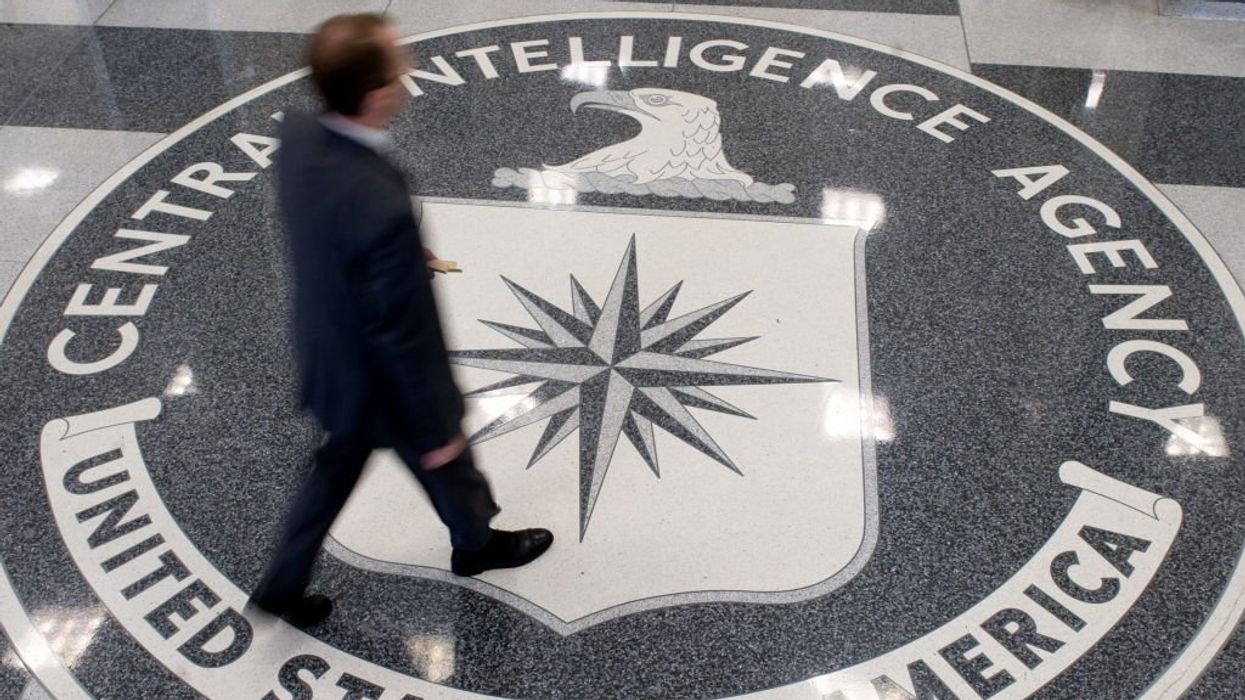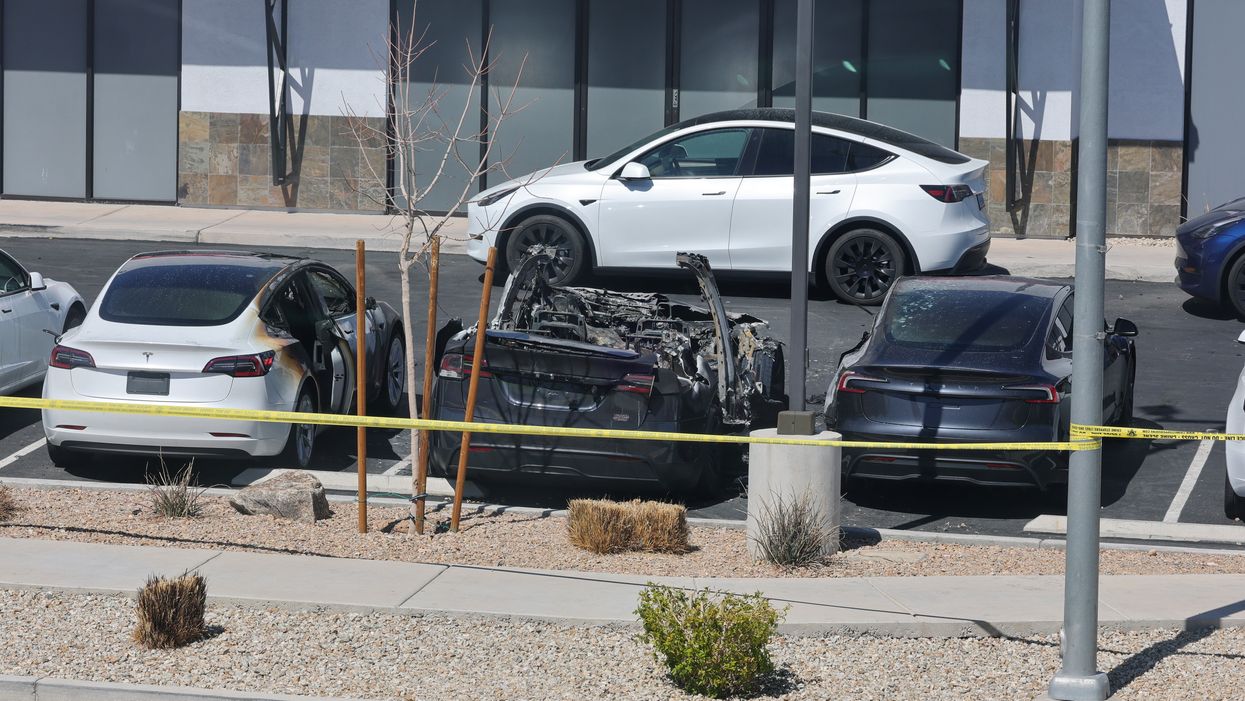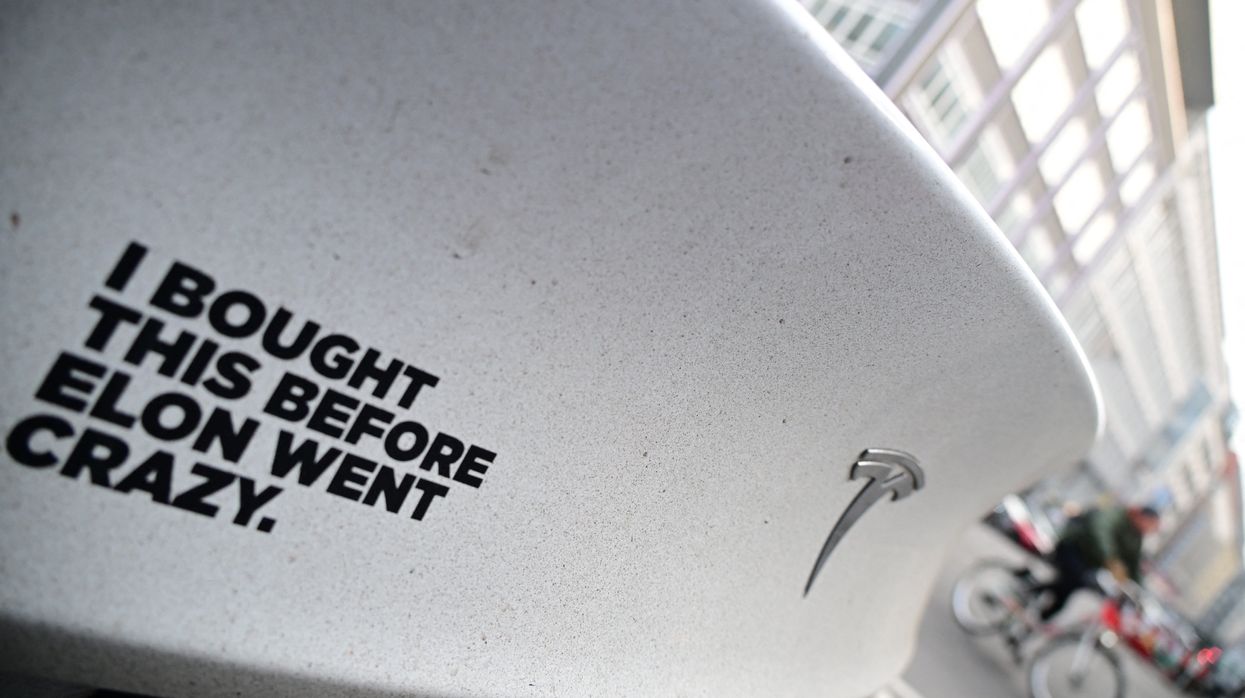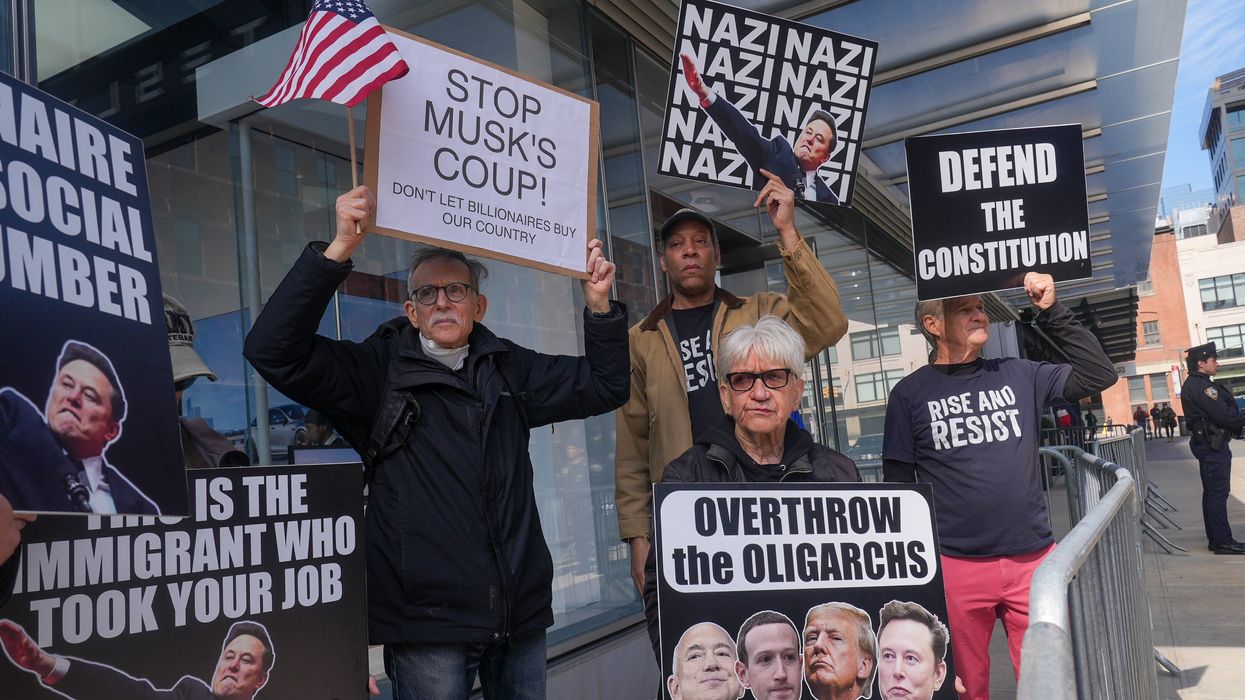An op/ed that ran in the New York Times earlier this month has made a startling declaration: "We need death panels." The claim comes from a former Obama advisor, Steven Rattner, who claims that too many Medicare resources are wasted on the elderly in their last year of life. While the Obama campaign is trying to paint the Romney campaign as enemies of the elderly for wanting to reform Medicare and Medicaid, should they be paying closer attention to the people Obama ahas surrounded himself with?
Rattner writes:
Medicare needs to take a cue from Willie Sutton, who reportedly said he robbed banks because that’s where the money was. The big money in Medicare is not to be found in Mr. Ryan’s competition or Mr. Obama’s innovation, but in reducing the cost of treating people in the last year of life, which consumes more than a quarter of the program’s budget.No one wants to lose an aging parent. And with price out of the equation, it’s natural for patients and their families to try every treatment, regardless of expense or efficacy. But that imposes an enormous societal cost that few other nations have been willing to bear. Many countries whose health care systems are regularly extolled — including Canada, Australia and New Zealand — have systems for rationing care.
"It is death panels. Whether you want to call it that or not," Glenn said. "The problem with it - the reason why it becomes a death panel - because who decides who lives and dies? Who decides?"
"It's not whether there will be rationing or not. Who will ration it out? Who is the beneficiary of the rationing?" Stu added.
Glenn also brought up a story about the way that kidney transplant lists could be changes. USA Today explains:
The rules that determine who gets to the front of the line for a kidney transplant may be about to change for the first time in 25 years, NPR reports. A proposal from the United Network for Organ Sharingwould direct the kidneys likely to last longest (often from young donors) to the recipients likely to live longest with the organs (often young patients). Some transplant experts applaud the proposal but others worry the changes will discriminate against older patients who are otherwise good candidates.
"This stuff is going on and if Barack Obama is reelected it will stand. It's already in but it will stand. We must not elect Barack Obama," Glenn said.
To illustrate the dangers of these changes to healthcare and how it can lead to totalitarianism, Glenn imagined a world where the universally beloved Mother Teresa was put in charge of these decisions over rationing care.
"Everybody loves Mother Teresa, and she just loves everybody. She's the most kind and most gentle - who says a bad thing about Mother Teresa? You put her in charge of this. Mother Teresa needs an armed unit to be able to execute it because people will say 'Mother Teresa just killed my grandfather or my father or let my child die because she made that decision'. No matter who it is Mother Teresa needs an armed personnel because she's making life and death decisions. Mother Teresa can't pull this off without fascism," Glenn explained.






